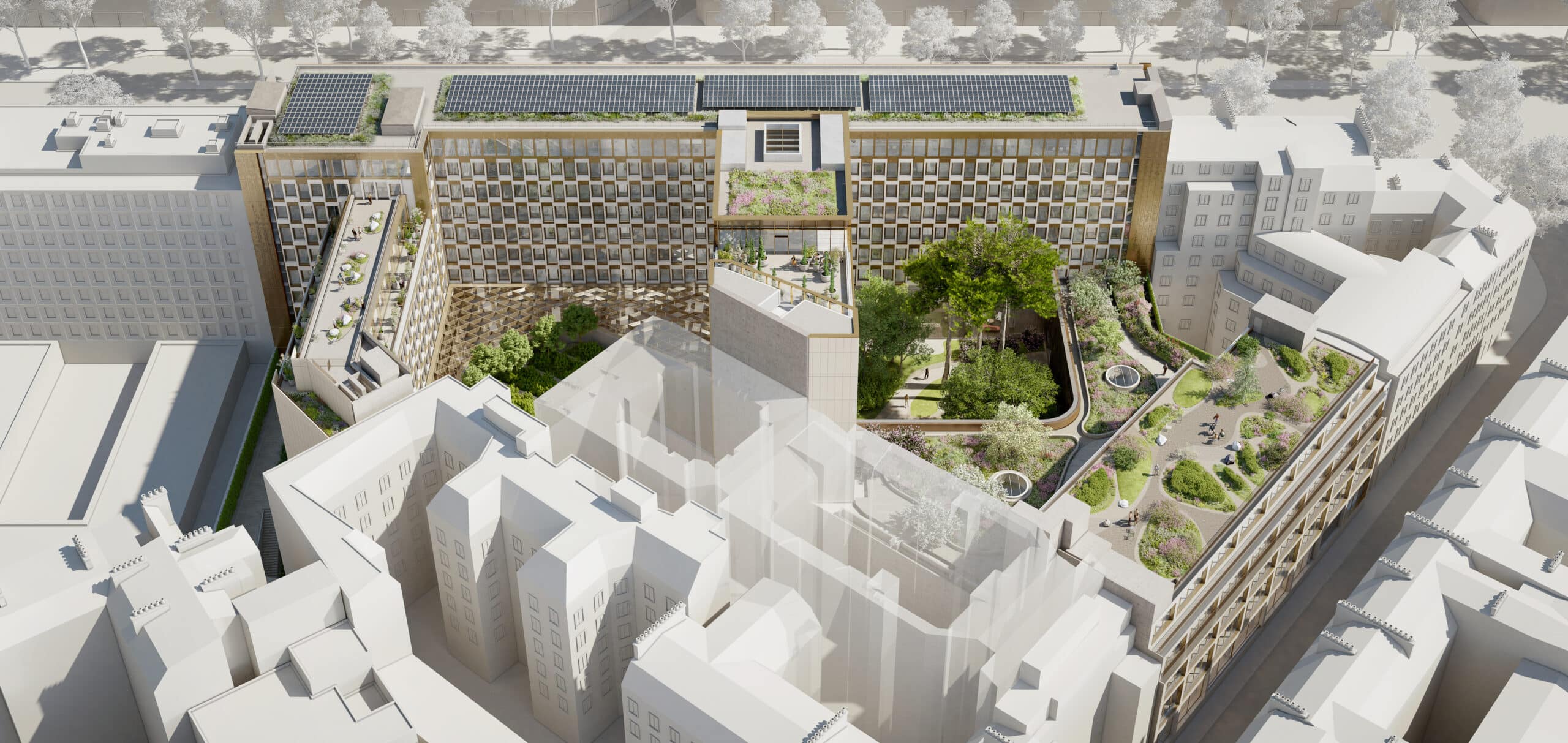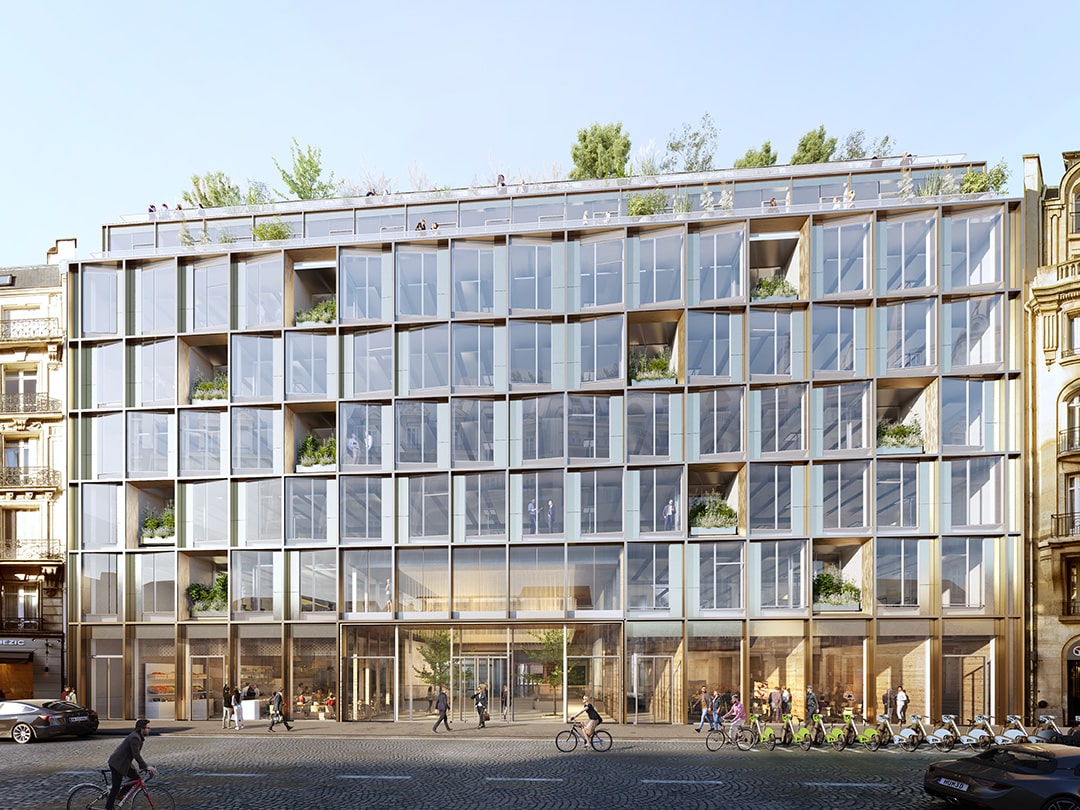Since 2019 Gecina has been integrating biogas into the gas supply of its buildings, this share has increased from 10 to 60% between 2019 and 2021 and will be increased to 100% of the supply in 2024.
In real terms, the biogas purchased by Gecina will be produced in the Île-de-France region and will come from the recovery of agricultural waste and fallow crops which help soil regeneration. The biogas plants used for its production were developed between 2018 and 2019 with the support of local elected officials and the assurance that no nuisance was generated for local residents. Lastly, these biogas plants were developed without any additional land artificialization and will be subject to regular checks to reduce exposure to the risk of environmental accidents. These qualitative guarantees will be monitored via a prerequisite developed by Gecina during negotiations for its gas supply contract: the identification in the contract of the biogas plants from which the guarantees of origin will come, supplied to Gecina for the length of the contract.
The traceability of the biogas supplied meant Gecina could secure buy-in from its teams to ensure compliance with the responsible purchasing criteria set, in particular by contacting local stakeholders.
In identifying biogas plant partners, Gecina is also consistent with its strategy of helping suppliers to improve their environmental performance. This is achieved primarily through the supplier’s commitment to audit the carbon footprint of the biogas supplied, ensuring that the carbon footprint it provides is better than the market average.



